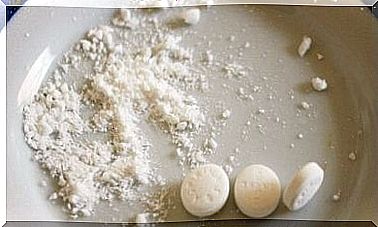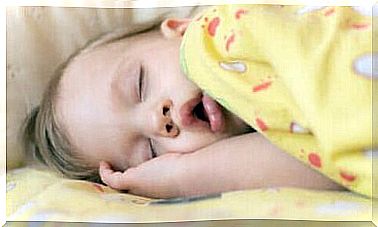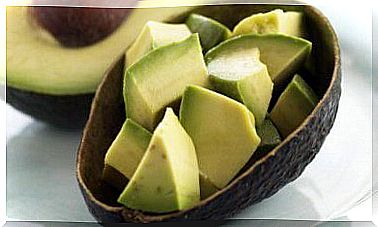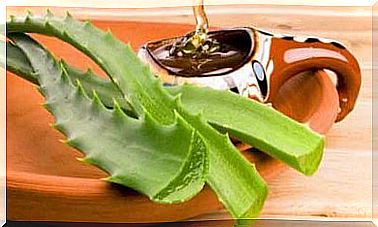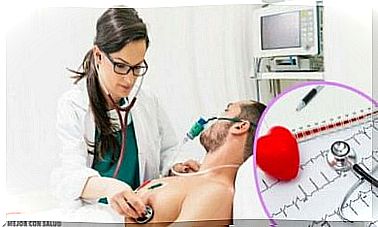Advice For Managing Psoriasis In Children
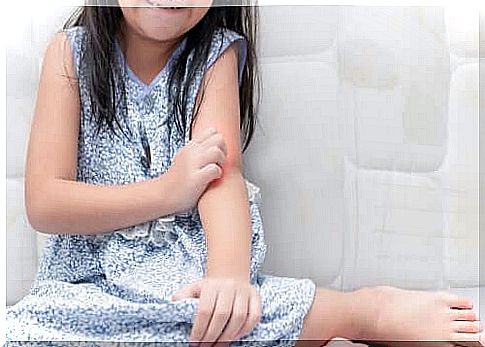
Psoriasis is a disease that affects both men and women. It usually affects approx. 2 to 3% of the population. However, it is quite rare in children. In this article, we will try to explain psoriasis in children, what the symptoms are, and treatment and prevention options.
Psoriasis
Psoriasis is an inflammatory autoimmune skin disease. It is characterized by scaly skin and redness. Although not contagious, it can be hereditary and chronic.
Usually, a healthy body produces normal skin cells every three to four weeks. Psoriasis causes these cells to reproduce much faster, every 15 days. This means that dead cells accumulate in the form of spots on the surface of the skin.
Psoriasis can affect any part of the body. However, it usually appears on the elbows, hands, abdomen or back.
In addition, it is a very common condition. Although it usually manifests after adolescence, it can manifest at any age, which is why psoriasis can also occur in children.
Triggers
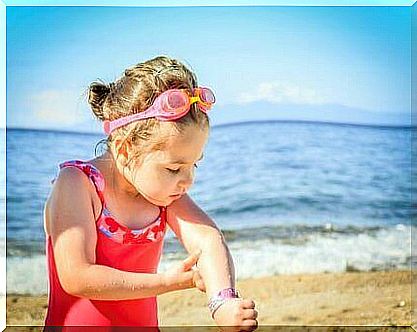
Overall, there are some factors that can trigger a psoriasis outbreak or make it worse:
- Bacterial, viral or fungal infections ,
- Trauma or skin injuries,
- Psychological factors, especially stress,
- Excessive exposure to sunlight (sunburn),
- Lack of sunlight (cold weather).
Clinical manifestations of psoriasis in children
The clinical manifestations of psoriasis in children are often the same as in adults. However, the most common types of psoriasis in children are these:
- Plaque psoriasis. This is characterized by red skin lesions covered with silvery lesions. These lesions usually appear on the elbows, knees and upper body. They can also affect only the scalp.
- Guttate psoriasis. This is the most common type in children and young adults. It usually manifests itself after an infection in small, water droplet-shaped lesions on the upper body and extremities. However, they can also affect the scalp.
- Inverse psoriasis. Although uncommon in children, this type of psoriasis, known as “pediatric psoriasis,” is also included in this group.
Treatment of psoriasis in children
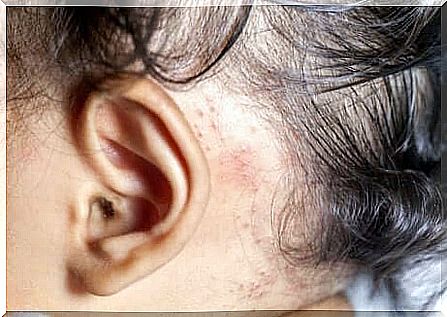
You must first consult a doctor. Only a pediatrician will be able to diagnose psoriasis. From there, they can indicate appropriate treatment. In general, your doctor may recommend therapy using moisturizer or other topical treatments (such as salicylic acid).
Regardless, keep in mind that psoriasis can suddenly manifest itself in spots and affect a child’s self-esteem, especially if it is widespread. Therefore, it is very important to help the child overcome and accept the problem and support them psychologically. You need to help build their confidence.
In addition, it is necessary to explain to your child that the treatment will benefit them, and that the degree of it and the discomfort may disappear even if their condition is chronic.
Conclusion
Due to the fact that it is an autoimmune disease and the many factors that can trigger it, it is best to act quickly and prevent triggers (stress, sunburn, skin lesions).
Overall, these are some final recommendations that may be helpful:
- Use a very gentle shower gel or shower gel. In addition, you need to rinse it off very well.
- Since the cold can aggravate the condition, you need to dress your child warmly with clothes made of natural fibers. In particular, cotton garments are the most recommended.
- Follow the treatment prescribed by your doctor.
- Always consult your pediatrician before using a natural remedy, especially for children.
- Support your child at all times.



